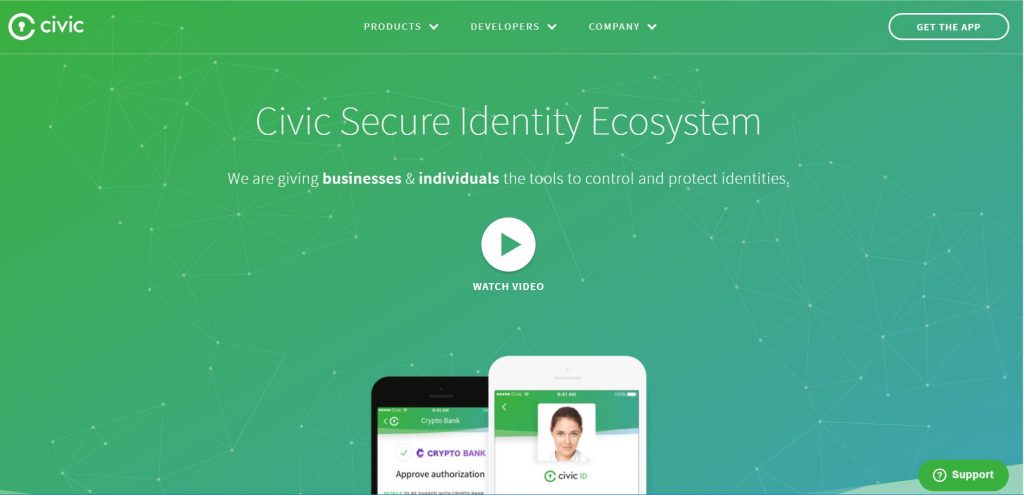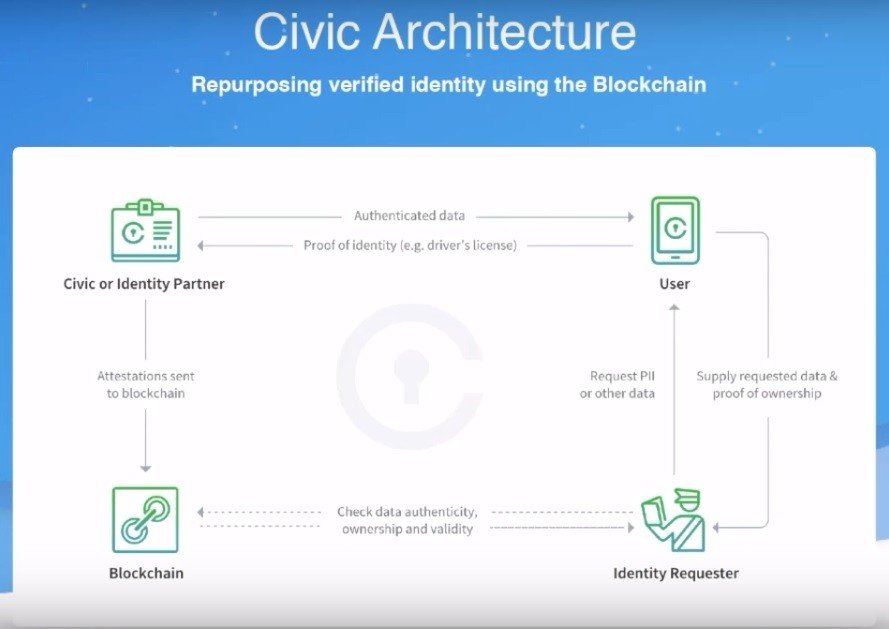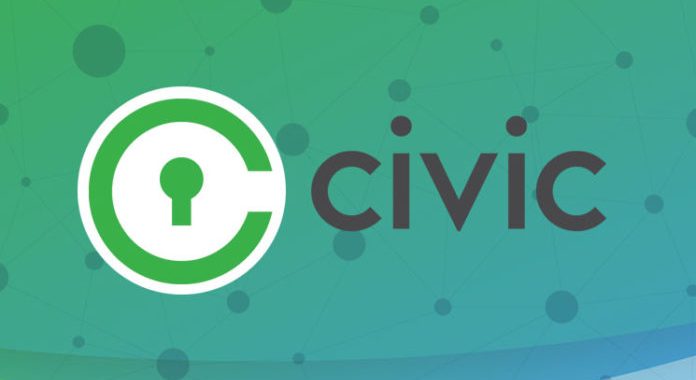While identifying ourselves in person is as easy as pulling out our driver’s license, it isn’t quite as easy online. Identifying ourselves online has become an integral part of our lives and it can be a bit of a hassle. KYC (Know your customer) is the process for businesses to verify those who they do businesses. Before you open a bank, apply for a job or do a wide variety of other things, you must go through the entire process again.
Not only is the process itself fairly lengthy, but it can also take a lot of time to hear back from these, as they try to authenticate your identity. As you can imagine, this is all a very out-dated practice and process, and one that just isn’t viable anymore as more and more of us conduct a lot of our business online.
Thankfully, there is a new-age solution to this problem that basically makes your personal identity verification transferable from one company or service to another. It is called Civic, and this article will introduce you to what it is, how it works and much more.
What is Civic?

Civic is a protocol for personal identity verification that utilizes a distributed ledger to manage our digital and online identities. Civic hopes that taking advantage of the blockchain will allow for faster, safer and more efficient identity verification for everyone.
This platform enables you to take control of your digital identity and not need to spend a lot of time and effort to continuously input your personal identity and information.
How Does it Work?
The app works through three different types of user and individual, which are users, validators and services providers. User and service provider are pretty self-explanatory, and a validator is someone who verifies the authenticity of someone’s identity and can exchange the data for the coin within the platform, which is called CVC (we will talk more about it later in the article).
Whichever type of user you are, the first step to using Civic is to download their Secure Identity app. It is available both on the web and on your mobile device, which makes Civic very simple for everyone to get started with. When you set up your account on the app, you will be asked for a litany of personal information such as name, social security number, address, driver’s license and more.
The Civic app and platform doesn’t use passwords or usernames, and instead uses other factors such as a fingerprint scan to verify users. Also, you can rest assured in knowing that the app won’t access your personal information without your consent as they encrypt your information with a private key that is issued by a third party wallet. They also never store any personal information on the blockchain, so you are always in control.
So now that you know how to get started, how does the app and platform actually work? Well, for users, you simply register as mentioned and you’re done, it’s that simple. You now will have your personal information recorded and verifiable, which can be transferred easily. However, that is just the front-end of the app, the back-end requires assistance from validators and service providers.
Validators are responsible for verifying the identities on the network. So if a user wants to submit their personal information to a service provider (a bank or crypto exchange) to open an account, they must first submit the relevant info to a validation contract. These smart contracts will allow validators to verify that the data is authentic, then hash it onto the network, and then be rewarded and paid for their part in the process.
Once the information of a user is validated, other service providers can purchase access to this information on the open marketplace. Of course, full consent is needed as privacy and security of your personal information is of the utmost importance to Civic.
The Features of Civic
So now you know about the Secure Identity app and platform and how it keeps your data safe and makes online verification method easier, that is not all that Civic offers its users. In addition to the app, they have three other products as well. One is their private and secure KYC solution that is completely reusable and will satisfy any companies or businesses requirements. The benefits to doing KYC through Civic include the fact that is it completely reusable and very convenient, without affecting it’s privacy and security.
ID codes is another product that makes it easy for people to verify their business relationships on the blockchain. This will be an easy way to show and prove that a certain individual does indeed have a relationship with a certain company or business.
Last but not least, Civic also features ID theft protection, which will not only help you during the incident, but also before and after. They make it affordable for you to always have the peace of mind that your information is safe and secure.
CVC
CVC is the utility token within the Civic platform and is how validators are paid for verifying identities, how service providers will pay for the identity verification they need and how users are rewarded for providing their data securely and privately. CVC is currently available on a variety of different exchanges after a successful ICO about a year ago, in which they sold $33 million of CVC tokens.

The Team at Civic
An innovative and exciting idea like Civic can only come from the minds of a great and talented team, and that is exactly what Civic has. The team at Civic is led by CEO Vinny Lingham and CTO Jonathan Smith. Lingham is a serial entrepreneur who has founded companies and has over a decade in the e-commerce space. Smith, on the other hand, has more than a decade and a half of experience in banking and technology.
Civic also has some impressive advisors on their team such as the founders of Bloq, the founder of Jaxx and many more.
In conclusion, Civic is an exciting blockchain project that has use for anyone who ever needs to go through the painstaking and long online verification process. While it is still relatively new, many signs point to it becoming a success and we are excited to see what the future holds for Civic.


